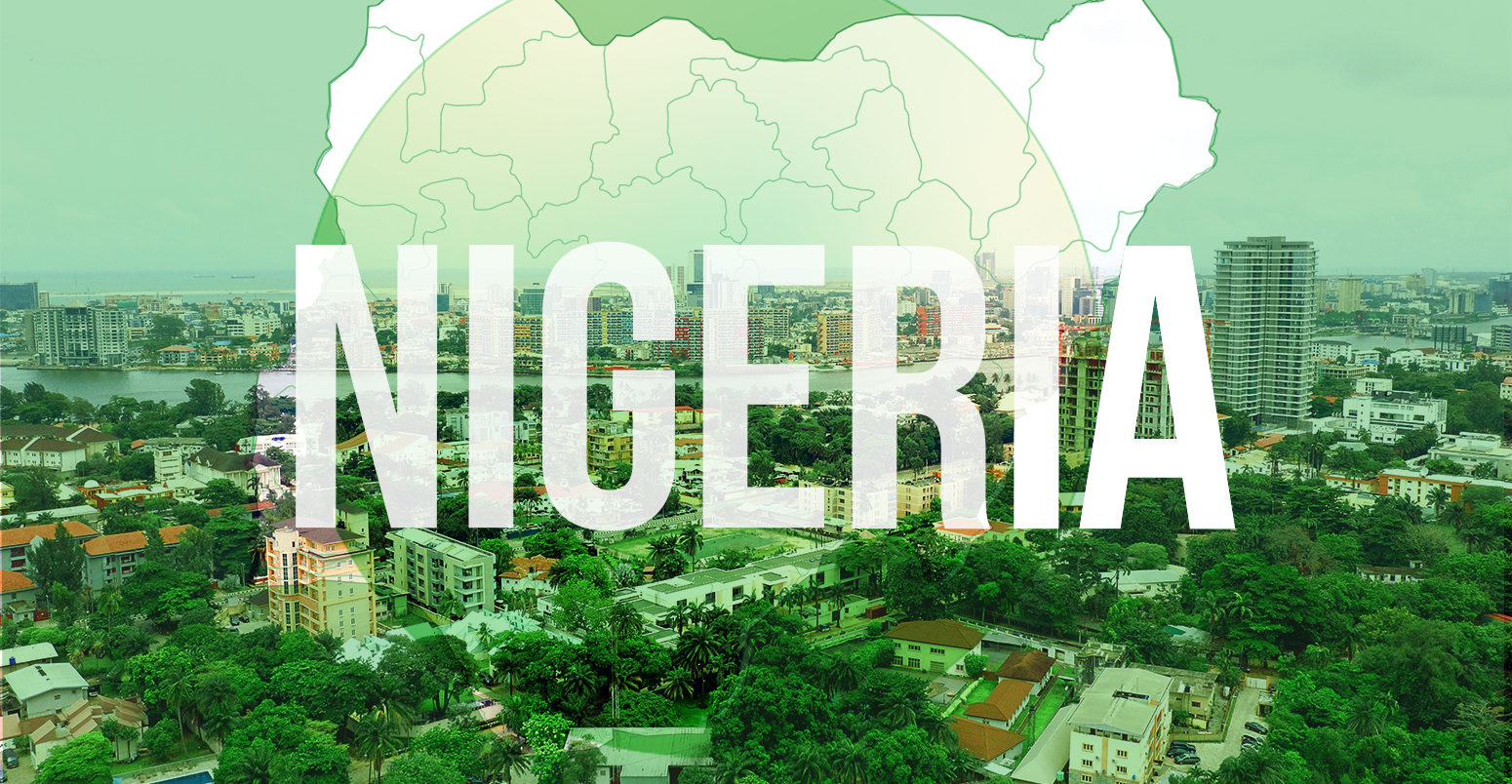MARKETS AND ECONOMY
Nigeria’s 3.4 % GDP Growth Best Annual Performance Since 2014, Says World Bank
Published
10 months agoon

Nigeria’s macroeconomic outlook is strengthening, driven by a series of policy measures and structural reforms, according to the latest Nigeria Development Update (NDU) report released by the World Bank.
The document, titled “Building Momentum for Inclusive Growth,” reveals that growth in the fourth quarter of 2024 climbed to 4.6% year‑on‑year, lifting full‑year expansion to 3.4%—the fastest pace since 2014, excluding the post‑COVID rebound in 2021–2022.
Read Also:
The report highlights significant progress in Nigeria’s external and fiscal positions. Reforms to liberalise the foreign‑exchange market and bolster reserve buffers have underpinned a more stable naira, while consolidated government revenues surged from N16.8 trillion (7.2% of GDP) in 2023 to an estimated N31.9 trillion (11.5% of GDP) in 2024.
As a result, the fiscal deficit narrowed sharply from 5.4% of GDP in 2023 to 3.0% in 2024, marking a noteworthy fiscal consolidation.
Despite high inflation which still lingers at elevated levels, the NDU projects consumer price growth will ease to an annual average of 22.1% in 2025, as a credible, tight monetary stance anchors expectations.
“Nigeria has made impressive strides to restore macroeconomic stability,” said Taimur Samad, Acting World Bank Country Director for Nigeria. “With the improvement in the fiscal situation, Nigeria now has a historic opportunity to improve the quantity and quality of development spending, investing more in human capital, social protection, and infrastructure.”
Outlook
Looking ahead, the report argues that sustaining stability and igniting inclusive growth will require deeper structural reforms to generate better jobs at scale and reduce poverty.
To meet the government’s ambition of a $1 trillion economy by 2030, growth must accelerate further and shift toward sectors that deliver high productivity, strong linkages, and job creation, it stated.
While finance and ICT have led recent expansion, they employ relatively few Nigerians. A private sector–led growth strategy, supported by a public sector that provides essential services and infrastructure, will be critical.
This strategy entails closing electricity and transport gaps, fostering market competition, streamlining the business environment, expanding access to finance, and enacting sector‑specific policies to unlock growth.
“International experience suggests that the public sector cannot sustainably generate growth and jobs by itself,” noted Alex Sienaert, World Bank Lead Economist for Nigeria. “Nigeria is no exception, particularly since public resources remain constrained.
“A useful strategy is to position the public sector to play a dual role as a provider of essential public services and as an enabler for the private sector to invest, innovate, and grow the economy.”
Share this:
- Click to share on X (Opens in new window) X
- Click to share on Facebook (Opens in new window) Facebook
- Click to share on WhatsApp (Opens in new window) WhatsApp
- Click to share on Pocket (Opens in new window) Pocket
- Click to share on Telegram (Opens in new window) Telegram
- Click to email a link to a friend (Opens in new window) Email
- Click to share on LinkedIn (Opens in new window) LinkedIn
You may like


World Bank Approves $500m To Expand Finance For MSMEs In Nigeria


Stability Without Relief? 10 Things the World Bank Says About Nigeria’s Reforms


139m Nigerians Still in Poverty Despite Tinubu’s Reform Gains – World Bank


World Bank Approves $300m to Support IDPs in Nigeria


World Bank Maintains Nigeria’s Growth Forecast at 3.6% Despite Global Economic Downgrades


World Bank to Withhold $10.4m Loan to Nigeria over Audit Deficiencies








